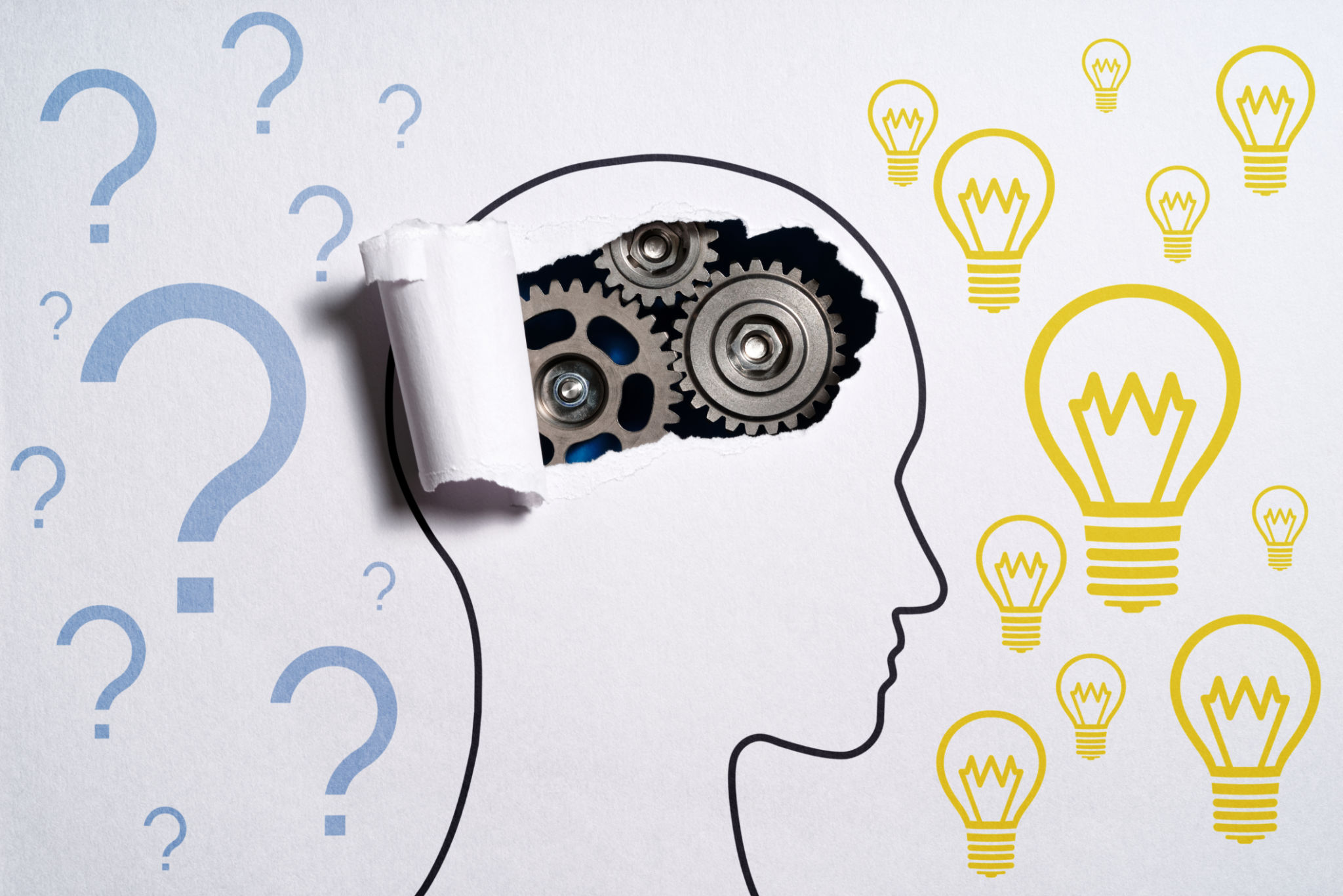Problem Solving vs. Critical Thinking: Understanding the Key Differences
AJ
Introduction to Problem Solving and Critical Thinking
In today's fast-paced world, the terms problem solving and critical thinking are often used interchangeably. However, they represent distinct cognitive processes that are essential in various aspects of life. Understanding the differences between these skills can enhance personal development and professional success.

Defining Problem Solving
Problem solving is a step-by-step process aimed at finding solutions to specific issues. It involves identifying the problem, generating potential solutions, evaluating options, and implementing the most effective solution. This process is often linear and structured, making it ideal for tackling clear-cut challenges.
Some key characteristics of problem solving include:
- Focused on finding a specific solution
- Often follows a set methodology
- Emphasizes practical implementation
Understanding Critical Thinking
Critical thinking, on the other hand, is a broader and more analytical process. It involves evaluating information, questioning assumptions, and making reasoned judgments. It is less about solving a predefined problem and more about understanding the underlying issues and implications.
Critical thinkers often:
- Analyze information objectively
- Consider multiple perspectives
- Question assumptions and biases

Key Differences Between Problem Solving and Critical Thinking
While both skills are valuable, they differ in their approach and application. Problem solving is generally more action-oriented, focusing on achieving a tangible outcome. Critical thinking is more reflective, emphasizing the importance of understanding and evaluating all aspects of a situation before making decisions.
Here are some differences:
- Objective: Problem solving aims to resolve specific issues, while critical thinking seeks to understand complex situations.
- Process: Problem solving follows a structured path, whereas critical thinking is more open-ended and exploratory.
- Application: Problem solving is often used in technical or straightforward scenarios; critical thinking is crucial for strategic planning and decision-making.
The Interplay Between Both Skills
Despite their differences, problem solving and critical thinking often complement each other. Effective problem solvers utilize critical thinking to assess the situation thoroughly before proceeding with solutions. Similarly, critical thinkers rely on problem-solving techniques to implement their insights practically.

The Importance of Both Skills in Various Fields
In many professions, both problem solving and critical thinking are indispensable. Engineers, for instance, use problem-solving skills to troubleshoot technical issues, while employing critical thinking to innovate and improve systems. Similarly, in fields like healthcare and education, these skills enable professionals to adapt to evolving challenges and make informed decisions.
Conclusion: Enhancing Your Skills
Developing both problem-solving and critical-thinking abilities can significantly impact personal growth and career advancement. Practicing these skills through exercises, real-world applications, and continuous learning can help individuals tackle complex problems more effectively and make reasoned judgments.
Whether you're a student, professional, or entrepreneur, cultivating these cognitive abilities will equip you with the tools needed to navigate an increasingly complex world. Embrace both problem solving and critical thinking as complementary skills that lead to success in any endeavor.